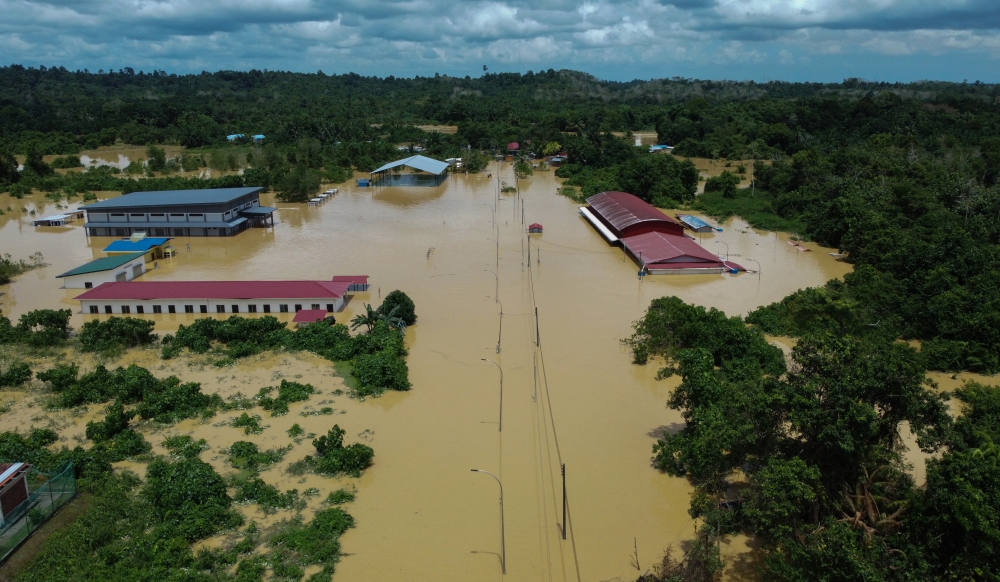KOTA KINABALU, Sept 8 — As newcomer Parti Pribumi Bersatu Malaysia (PPBM) wrestles Umno to take on Warisan president Datuk Seri Shafie Apdal in the upcoming Sabah election, political analysts say there is only one real challenger who poses a major threat for the chief minister post — Tan Sri Musa Aman.
Musa was the sole Umno representative to retain a state seat in the election two years ago while PPBM is now working against its 2018 polls partner Pakatan Harapan (PH).
“I think at the end of the day, it has to be a Musa versus Shafie fight to see any real fight.
“Like it or not, Musa is the most viable candidate to go up against Shafie and any other fight won’t be as meaningful,” Singapore Institute of International Affairs senior fellow Oh Ei Sun told Malay Mail when contacted.
But the battle to lead Sabah could result in a dark horse winner. Old friendships and even familial ties are being tested.
State Umno chairman Datuk Bung Moktar Radin is being pushed to the fore by federal party leaders based in Kuala Lumpur while PPBM wants its Sabah liaison chief Datuk Hajiji Noor. However, the two parties are expected to nominate only one candidate as the next Sabah CM.
Musa’s younger brother Datuk Seri Anifah Aman who was formerly with Umno is now leading Parti Cinta Sabah (PCS) and a local alliance front to take over the state government. Anifah has publicly asked Musa to step aside for younger leaders.
Malay Mail spoke with several political analysts who weighed in on the pros and cons of the top five potential contenders to be Sabah chief minister.
Datuk Seri Shafie Apdal
The Warisan Plus caretaker government is clear in its leadership. Shafie will be leading the coalition which consists of Parti Warisan Sabah, PH’s PKR, DAP and Amanah and Sabah’s United Progressive Kinabalu Organisation (Upko).
Pundits differ on Shafie’s capability but they agreed that in a crowded playing field, he has the advantage.
University Malaysia Sarawak’s Arnold Puyok believes that Shafie, despite having the experience, personal and public persona and a strong grassroots, is unable to carry out the state’s aspirations as a leader.
“He hasn’t been able to show that he has the leadership to initiate real reforms in the economy/state administration,” Puyok told Malay Mail.
Oh said that Shafie has competency, but faced a lot of challenges that he could not see through.
“He is competent but faced a lot of changes in his term so far. His mandate has been cut short. He should have a full term to demonstrate his abilities,” said Oh.
“Economically speaking — there is only so much he can do in this worldwide economic downturn and pandemic. Whoever is in government would have faced challenges in developing the state during this time. In that regard, he’s been holding up. He’s generally considered competent. No one saying he’s incompetent. That’s not in question,” he said.
Oh said that Shafie has also done well to promote a multi-racial Sabah with policies that favour all the races.
He also noted that while Shafie has the support of the urban Kadazan, Dusun and Murut (KDM) Momogun communities, those same ethnicities spread out in Sabah’s interior may be divided.
KDM is a political and cultural term used to describe several indigenous groups, which are sometimes lumped as non-Muslim Bumiputera communities.
“Carefully engineered racial insinuations are played up against Shafie and his party — they are touted as pirates or Suluk, so this is something he has to struggle against where PBS and STAR have long history with the KDM,” Oh said, referring to two local based parties, Parti Bersatu Sabah led by Datuk Seri Maximus Ongkili, and Parti Solidariti Tanah Air led by Datuk Jeffrey Kitingan respectively.
Tan Sri Musa Aman
Musa was the longest serving chief minister of Sabah for 15 years right up to Election 2018. The sole assemblyman for Umno until the dissolution of the Sabah assembly, he was depicted in the brief years prior as ailing and hiding out in London while other Umno assemblymen left to join PPBM following GE14.
Musa’s fall from grace and subsequent recovery has been remarkable. Initially struck with 46 corruption court charges, which has since been dropped under the new Perikatan Nasional federal government, he has seemingly made a full recovery — albeit still wielding a walking stick — so much so that all the initial Umno defectors, PPBM assemblymen and two other state lawmakers from PKR and DAP supported his bid to topple the Warisan state government.
“Musa has more Umno grassroots support and political and other resources, if compared to Bung. Put side by side, Musa has got a higher chance of winning. Some Sabahans might want him back because he is more familiar, with name recognition,” said Oh.
Puyok said that Musa, even with a chequered history, has the experience, track record and commands respect among the state representatives.
“He may have difficulty expressing himself and his ideas but some have soft spot for him because he is more decisive and has the ability to ‘monetise opportunities’ for Sabah's economy,” he said.
Umno is also touted to have better election machinery, evident from its victory during the Kimanis by election earlier this year. In comparison, PPBM might have to give way, despite technically having a bigger number of incumbents.
Datuk Bung Moktar Radin

Infamous for his parliamentary antics, Bung has strong grassroots support in his east coast and interior district of Kinabatangan. He has earned the favour of the national leadership for his loyalty when all other elected representatives deserted Umno for PPBM in late 2018.
He was named state Umno chairman and the party here was granted autonomy to groom a new generation of younger leaders.
“Bung has experience at the federal level, he networks with federal leaders so that’s something in his favour.
But both analysts say that despite his following, he may not have the leadership to carry out the responsibilities of the chief minister post.
“He may be a good grassroots leader but lacks the temperament to be in the driver's seat,” said Puyok.
Oh said that Bung was more of an entertainer in Parliament with his antics and tendency for jokes.
“He is more known as a clown. How to take someone like that seriously?” he said.
Datuk Hajiji Mohd Noor
The Sulaman incumbent generally flies under the radar but has a sizeable following among the Bajau community.
In Musa’s absence, he has rallied the former Umno assemblymen and together joined PPBM and was named its state liaison chief. Likeable and with few black marks against him, he is seen as capable, but less as a leader on a bigger stage.
“He may have a lot of experience in state politics and understand the inner working of the Sabah civil service but he doesn’t have the pull factor to enable him to gain the trust and support among various groups,” said Puyok.
More to the point, PPBM in Sabah does not have a strong grassroots given that they are almost all former Umno representatives who won on Umno tickets and benefited from its well oiled machinery.
“If it’s a match between Hajiji’s PPBM vs Umno machinery, then PPBM is no match. If PPBM has no political capital to go against Umno, they will be wiped out in a one on one. But now they are up against Warisan as well, PPBM won’t stand a chance,” said Oh.
He said that in a match for a candidate, PPBM might eventually have to give in. There’s no way most of them can win back their seat that they won on Umno ticket,” he said.
“Hajiji may be a good grassroots leader, but he will make a mediocre CM,” he said.
Datuk Seri Anifah Aman
The latest contender and a former Umno federal minister, Anifah has been charting his own political career for some time now, focusing on state rights and even getting together with Opposition leaders with the same agenda during his time under the Barisan Nastional government.
After being among the first Sabah leaders to leave Umno in September 2018, Anifah has remained partyless until recently when he took control of the little known Parti Cinta Sabah and announced grand plans to take over the state government.
A four-term MP for Kimanis, and a former federal foreign minister, Anifah has political resources and a political pedigree with moderate views and eloquence.
“But apart from his experience, what difference can he make? What alternative ideas and plans does he have for Sabah? He is a strong advocate of MA63 but others like Jeffrey Kitingan, Yong Teck Lee, etc have long fought for the same issue,” said Puyok.
“It remains hard to see how he stands in the Sabah political arena against Warisan and PH because he’s been in national politics all this while,” said Oh.
“He’s likely to win his seat but beyond that, I cannot see how his party will stack up.
Oh said that both Aman brothers, while similar in their leanings, have genuinely different approaches.
“If you ask whether their political journeys now are a ploy, I would say no. They have had these differences in approaches all this while.
“But if, when it comes to a tie breaker or a hung assembly on the night of the election, if you ask whether they will work together to form a coalition government, that’s definitely possible. But if you’re asking whether it’s a premeditated ploy, I don’t think so,” he said.
For Oh, leaders like Shafie and Anifah present a more inclusive brand of politics in a country where race-based politics are the norm.
“This is not the usual style in Malaysia, it’s nice to see. I think because of this, they might get more support from Sabahans,” he said.
Analysts like Puyok and University Malaysia Sabah’s Lee Kuok Tiung have pointed out that the contenders so far are familiar faces which should pave the way for younger leaders.
“All are orang lama — so it will be a challenge for them to get the support of the relatively younger segments of the electorates,” said Puyok.
“Why can’t they go beyond the usual faces? Anyone who has the capability, has the most seats should be given a chance to lead. Why should it be narrowed to these five?” said Lee.


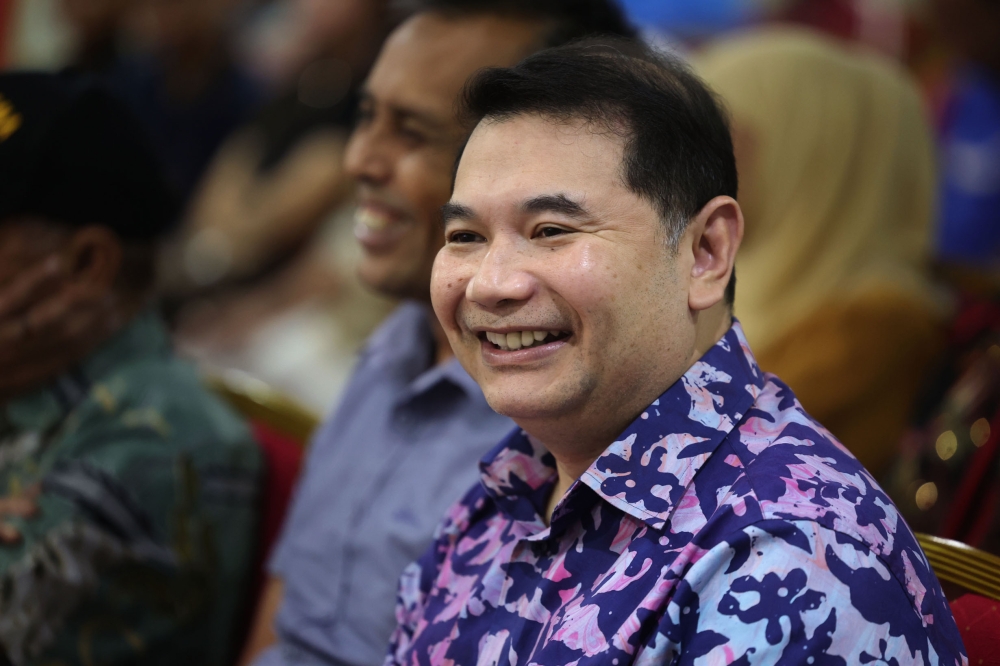
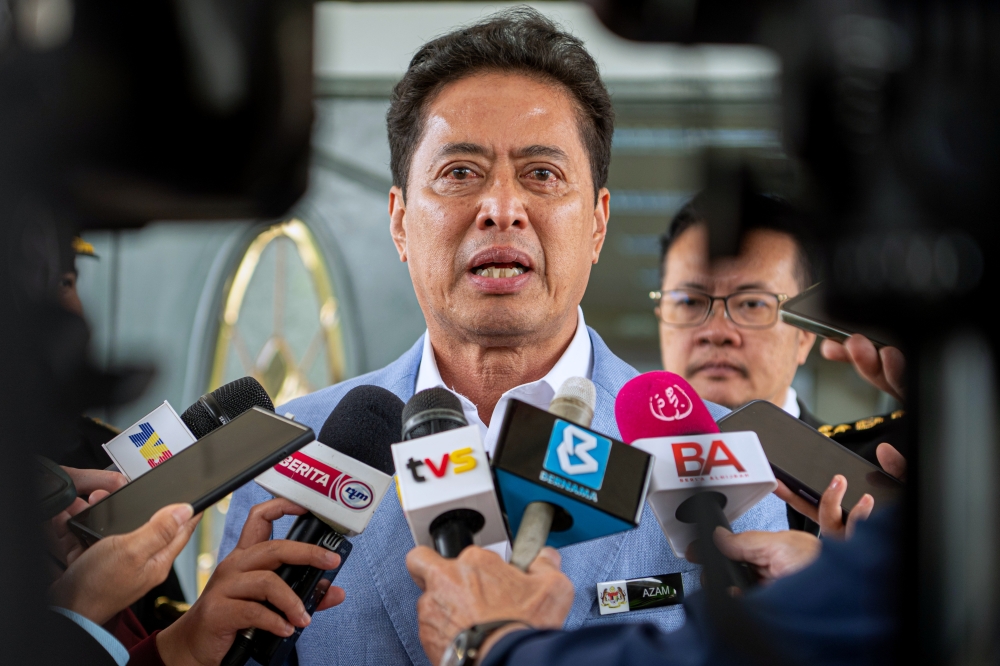
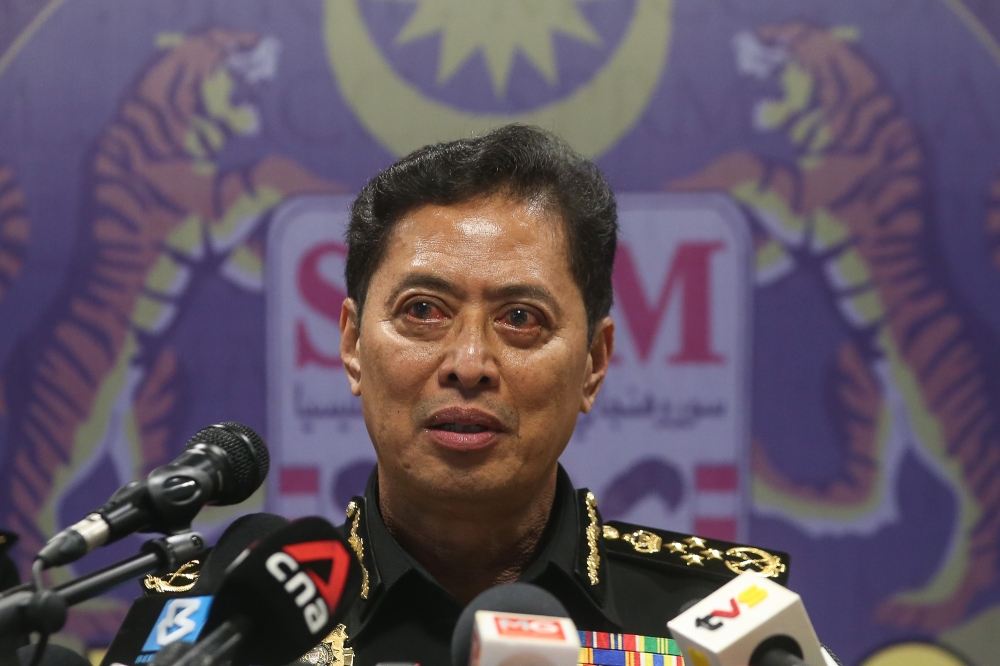
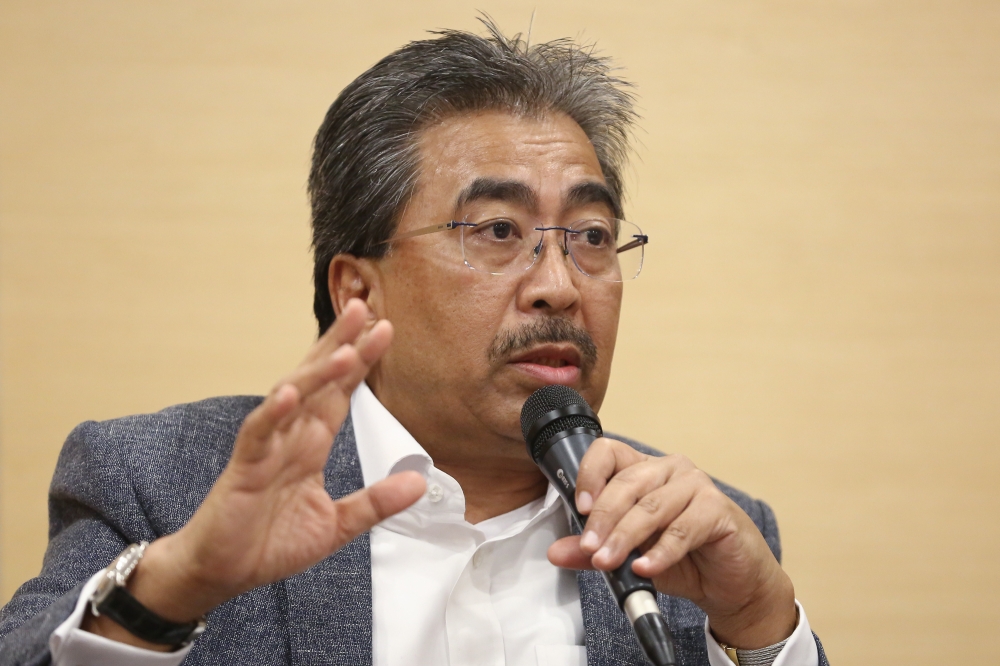
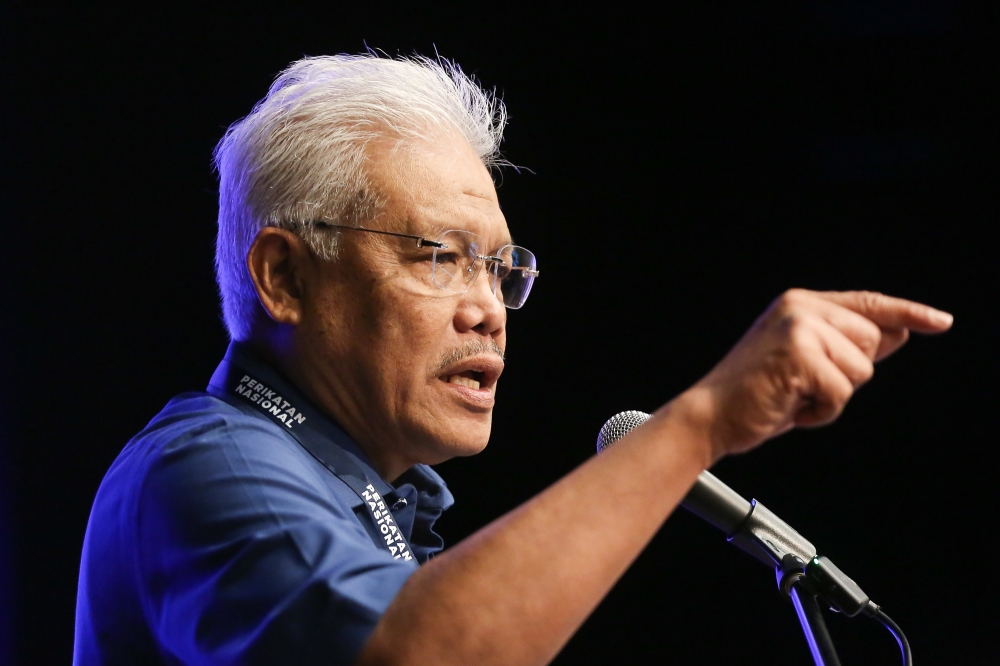
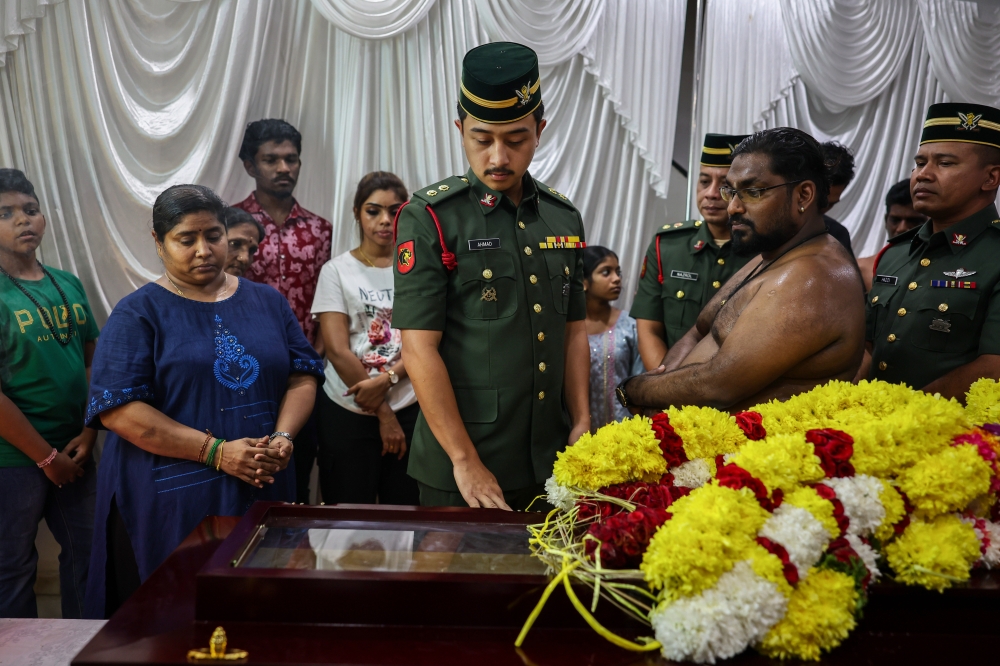
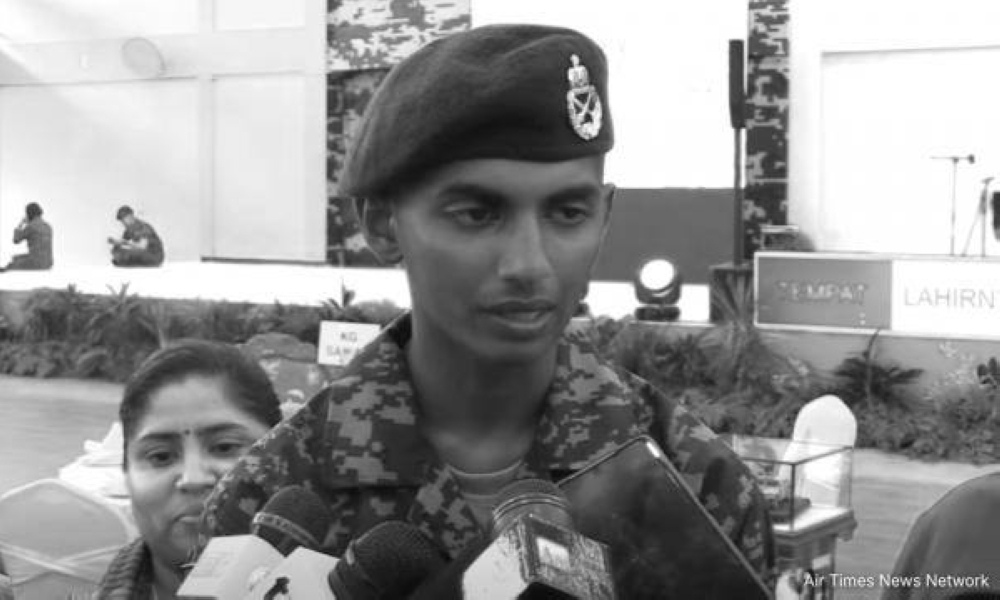
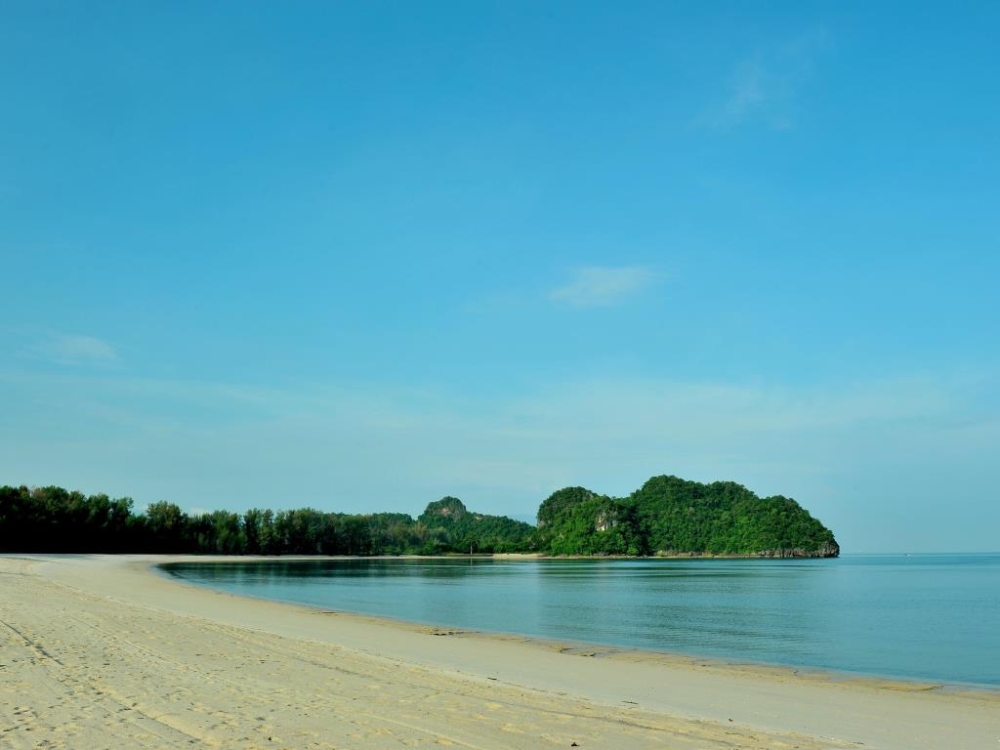
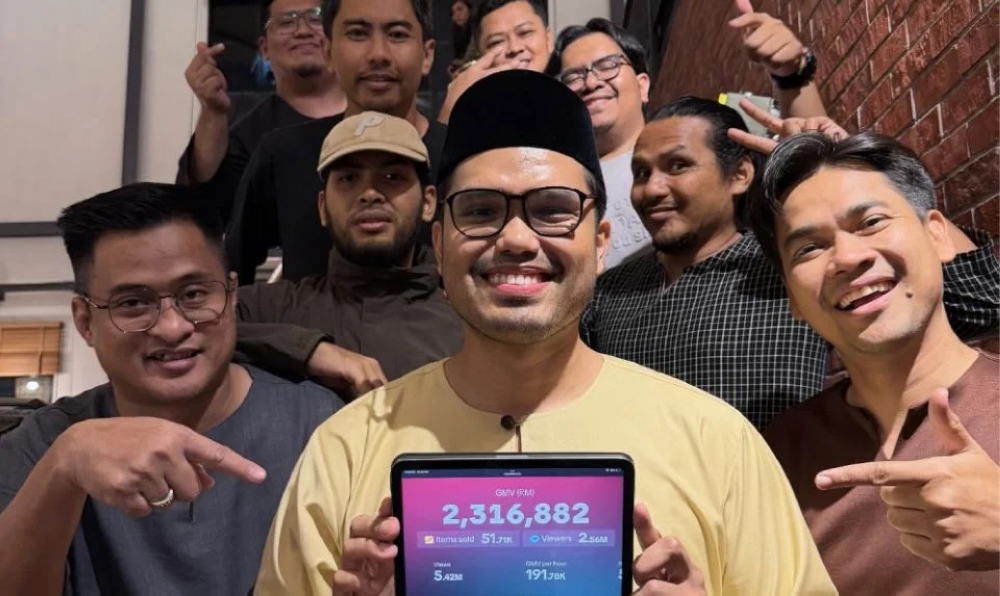
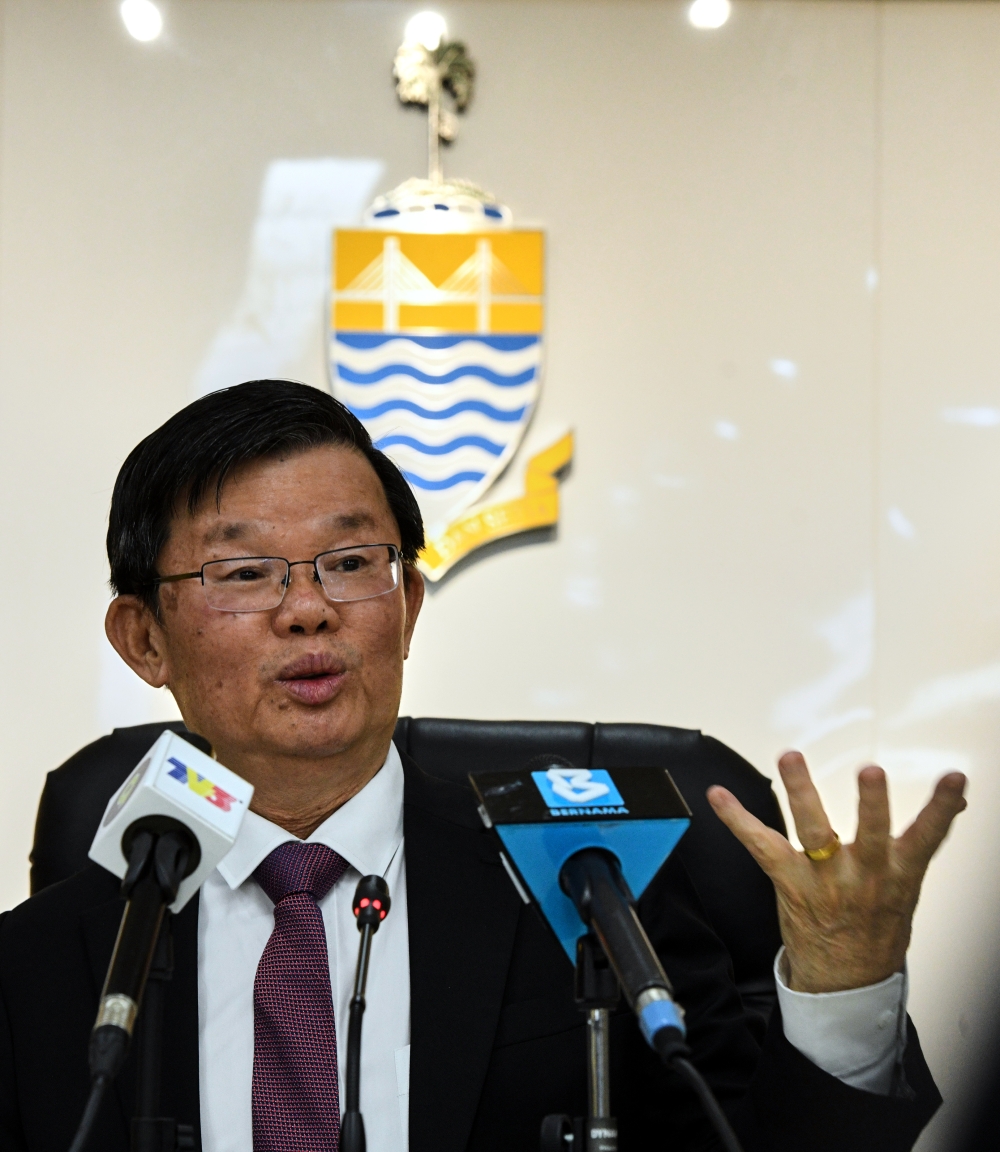
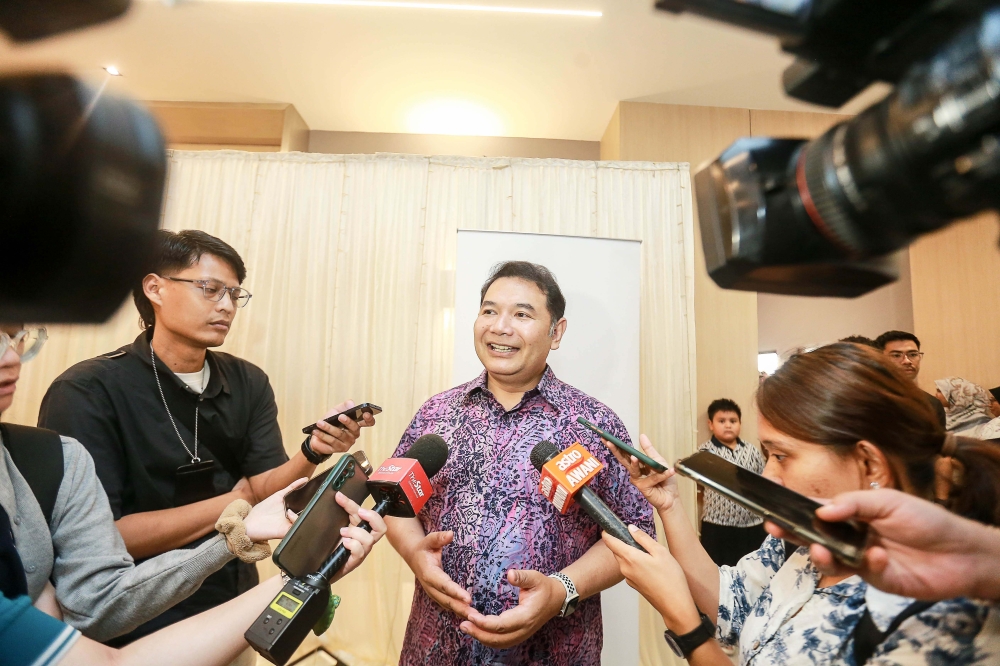
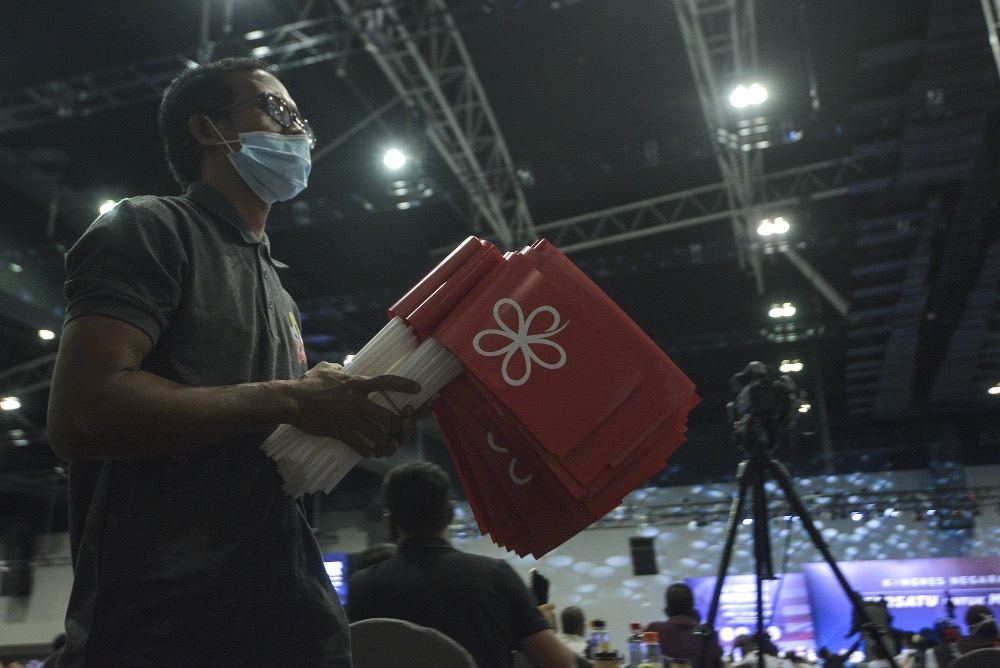
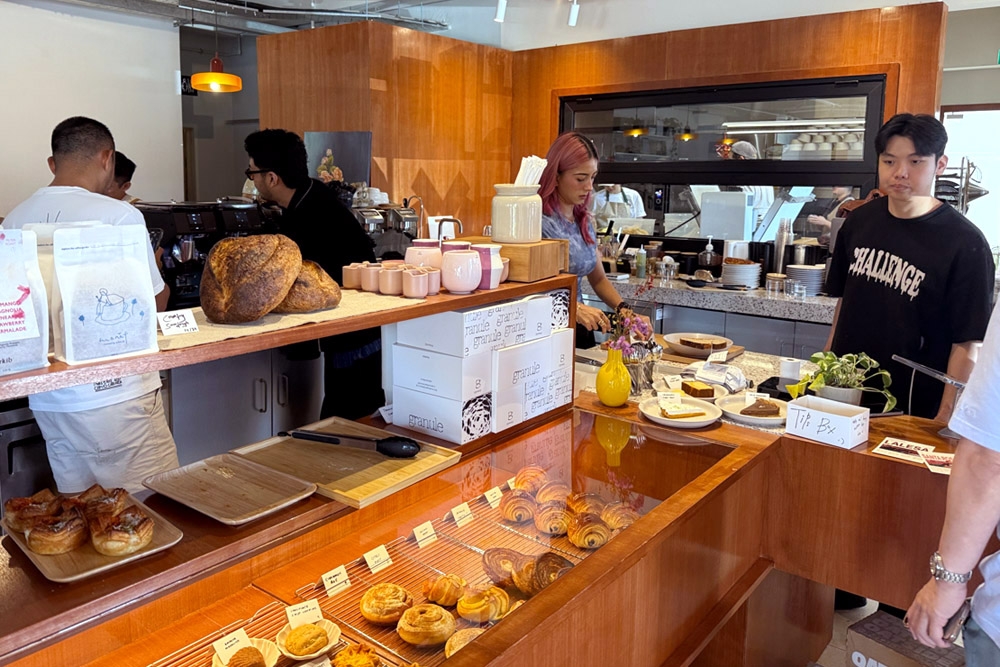
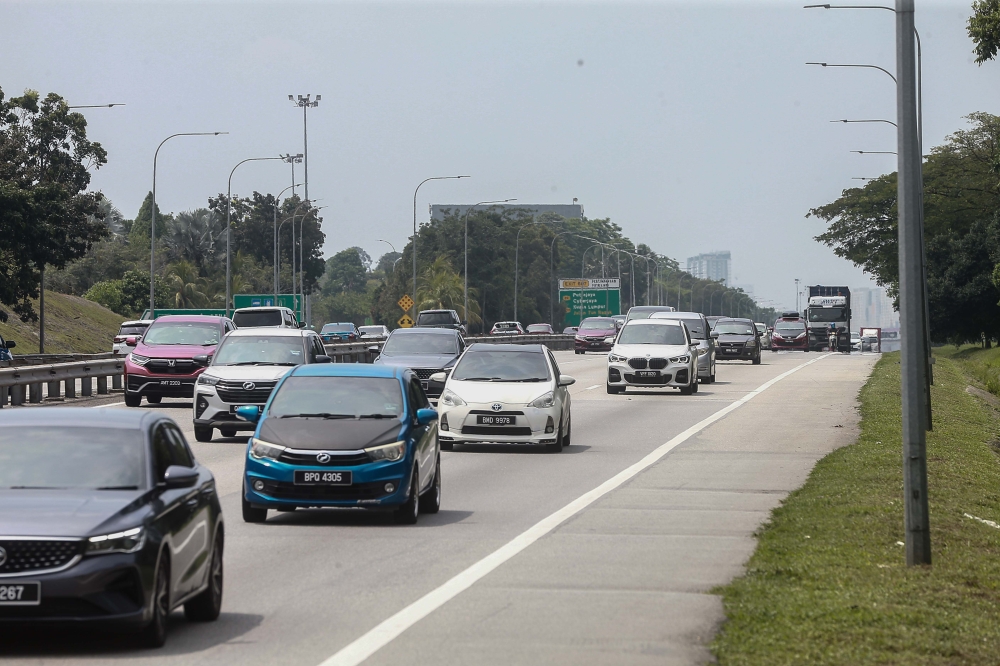
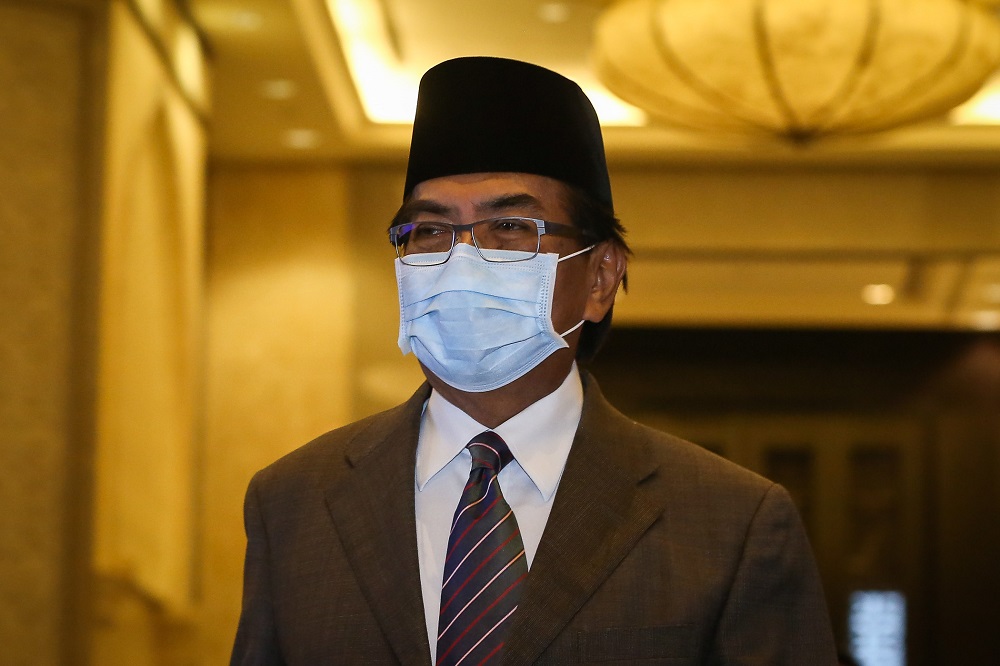
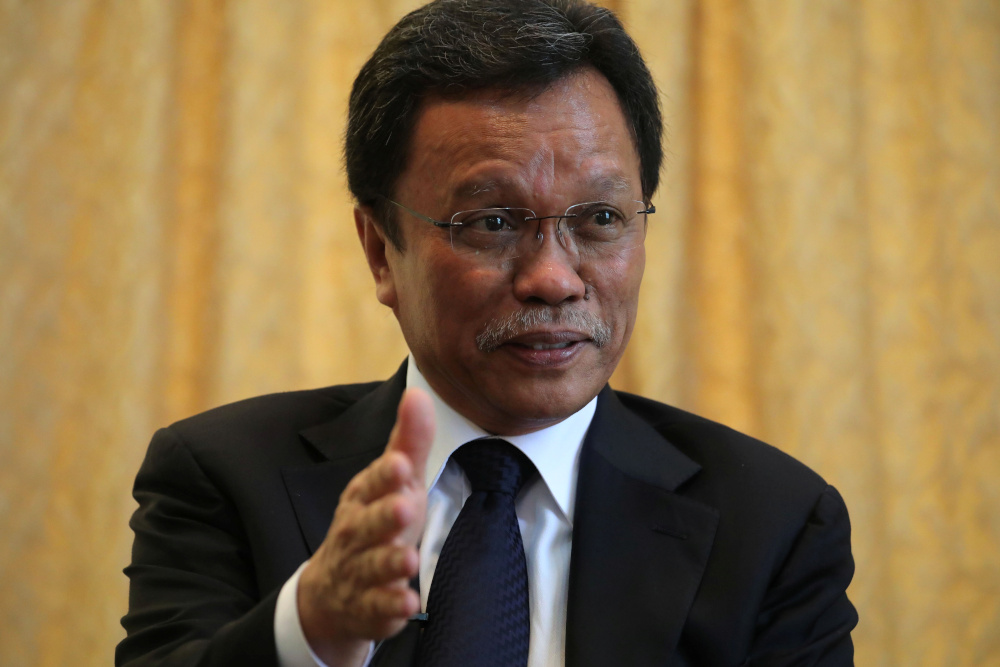
.JPG)

